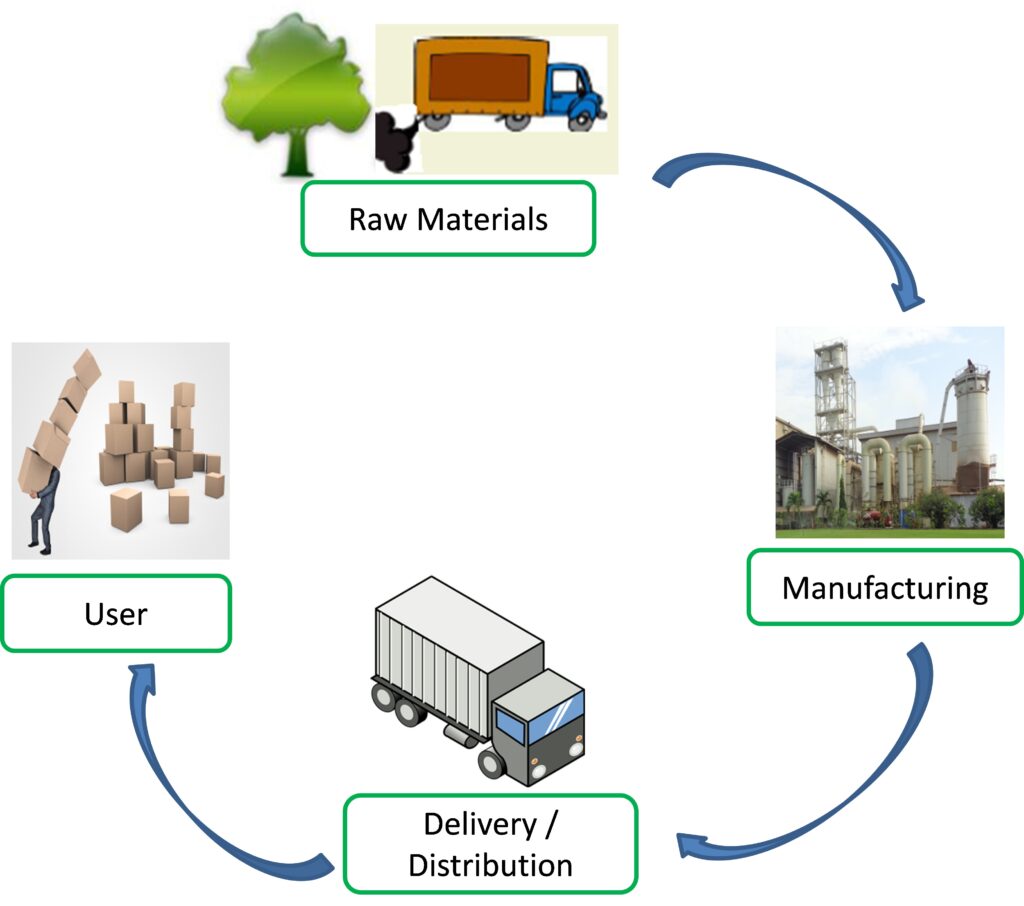Efficient waste management is a cornerstone of sustainable development. As global populations and urbanisation grow, the need for effective waste management systems becomes increasingly crucial. These systems are designed to handle waste efficiently, reducing environmental impact while promoting resource recovery and reuse. This article explores the types, importance, and components of waste management systems and how they contribute to a healthier planet.

Understanding Waste Management
Waste management refers to the collection, transportation, processing, recycling, or disposal of waste materials. The process aims to minimise waste’s adverse effects on the environment, human health, and aesthetics. Waste is generally categorised into several types:
- Municipal Solid Waste (MSW): household and commercial waste.
- Industrial Waste: Waste generated from industrial processes.
- Hazardous Waste: Materials that are toxic, flammable, or radioactive.
- E-waste: Discarded electronic devices.
- Biomedical Waste: Waste from medical and healthcare facilities.
Importance of Waste Management Systems
- Environmental Protection: Proper waste disposal prevents pollution of air, water, and soil. By managing waste effectively, we reduce greenhouse gas emissions and conserve natural resources.
- Public Health: Inefficient waste management can lead to the spread of diseases through vermin, contaminated water, and air pollution.
- Resource Conservation: Recycling and composting turn waste into valuable resources, reducing the demand for raw materials.
- Economic Benefits: Waste-to-energy systems and recycling industries create jobs and generate revenue.
- Aesthetic Value: Clean surroundings improve the quality of life and make cities more livable.
Components of Waste Management Systems
A comprehensive waste management system involves several interconnected components, each playing a crucial role:
- Waste Collection:
- It involves gathering waste from households, businesses, and public spaces.
- Advanced systems use segregated bins for organic, recyclable, and non-recyclable waste.
- Transportation:
- Waste is transported using trucks or pipelines to processing or disposal sites.
- Efficient routing minimises fuel consumption and emissions.
- Processing and Treatment:
- Mechanical Treatment: Sorting and shredding materials for recycling.
- Biological Treatment: Composting organic waste or anaerobic digestion to produce biogas.
- Chemical Treatment: Neutralising hazardous substances.
- Recycling:
- Converts waste materials into new products, reducing the need for virgin resources.
- Examples include paper, glass, metal, and plastic recycling.
- Disposal:
- Landfills and incineration are traditional methods.
- Modern engineered landfills minimise environmental risks, and incinerators generate energy while reducing waste volume.
- Monitoring and Maintenance:
- Regular inspections ensure that facilities operate within environmental guidelines.
Innovations in Waste Management
Technological advancements have transformed waste management, making it more efficient and environmentally friendly.
- Smart Bins: IoT-enabled bins notify authorities when they need emptying, optimising collection schedules.
- Waste-to-Energie Plants: Convert non-recyclable waste into electricity and heat.
- Robotic Sorting: AI-powered machines separate recyclables faster and more accurately than humans.
- Circular Economy Models: Promote designing products with recyclability in mind, reducing waste generation.
Challenges in Waste Management
Despite progress, waste management systems face numerous challenges:
- Lack of Awareness: Many individuals and businesses do not segregate waste properly.
- Infrastructure Deficiencies: Developing nations often lack adequate facilities for waste collection and processing.
- High Costs: Advanced systems and technologies can be expensive to implement.
- Regulatory Compliance: Ensuring adherence to environmental laws requires stringent monitoring.
The Role of Individuals and Communities
Effective waste management is not solely the responsibility of governments and corporations. Individuals and communities play a vital role by:
- Practicing the 3Rs: reduce, reuse, and recycle.
- Segregating Waste: Separating recyclable, organic, and hazardous waste at the source.
- Supporting local initiatives: participating in clean-up drives and awareness campaigns.
- Adopting sustainable practices: using biodegradable products and reducing single-use plastics.
Future of Waste Management Systems
The future of waste management lies in innovation and sustainability. Key trends include:
- Zero Waste Policies: Encouraging industries and cities to minimise waste production.
- Decentralised Waste Systems: Community-level composting and recycling initiatives.
- Biodegradable Packaging: Reducing non-recyclable waste.
- Policy and Regulation: Governments introducing stricter laws and incentivising sustainable practices.
Conclusion
A well-structured waste management system is essential for a sustainable and healthier future. By combining advanced technologies, community efforts, and robust policies, we can tackle the growing waste crisis effectively. Every step toward better waste management contributes to environmental preservation, public health, and economic prosperity, ensuring a cleaner and greener planet for future generations.